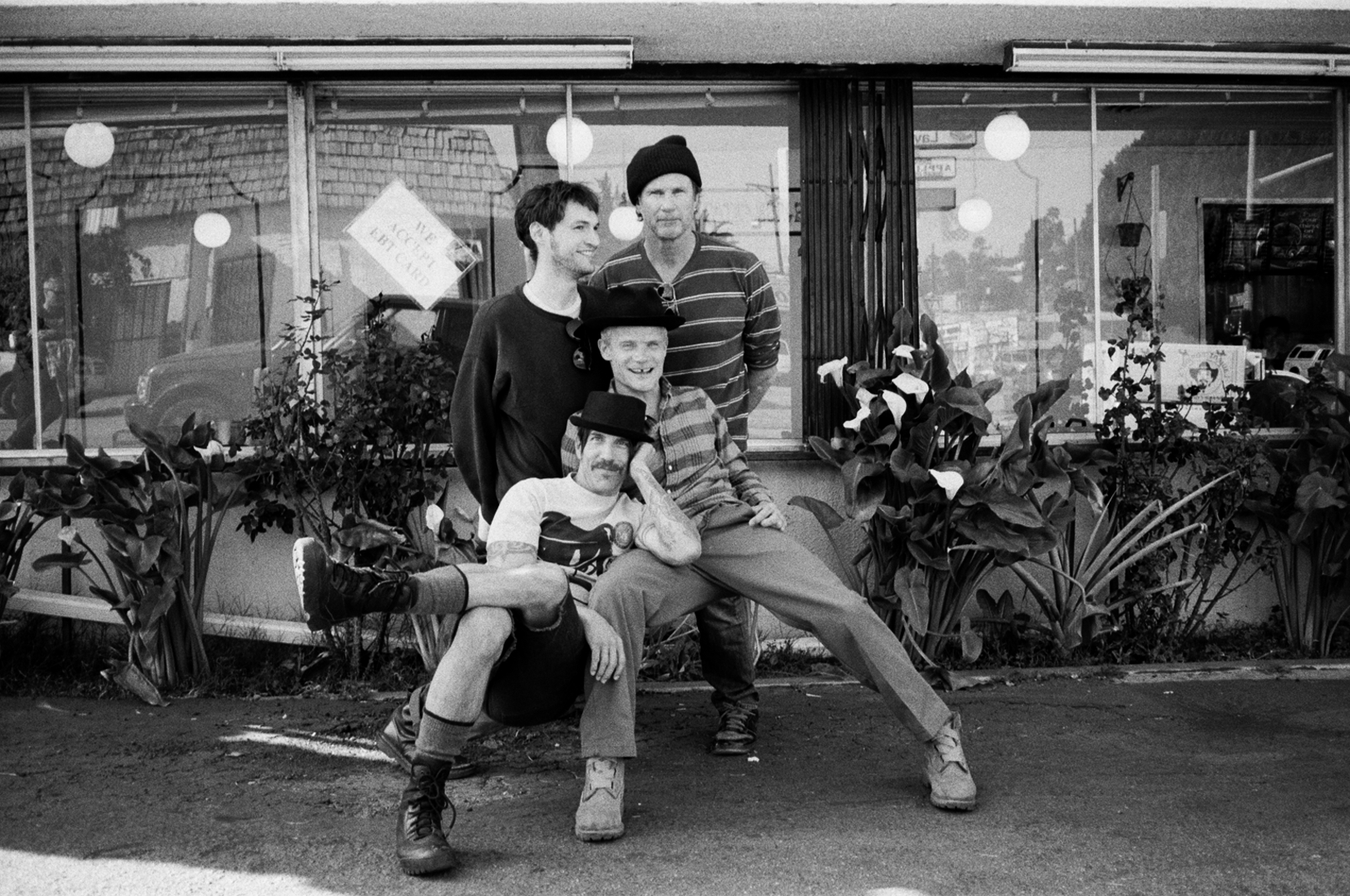![]()
There was a time when bedroom pop was viewed as something hot and exciting. It was one of those genre twists people were exceptionally excited about for a time, the thought being that anybody with a halfway decent microphone and the ability to craft heartwarming songs could do so on the cheap and straight out of their homes. This was also a great way to discover the freshest and rawest talent, people that might not have an official record deal, but probably deserve one. tUnE-yArDs was discovered in that fashion, and Merrill Garbus hasn’t looked back since. But like the lo-fi movement, in which it was cool to like degraded-sounding recordings, the formidable concept of bedroom pop has fallen out of favor in many circles, and everybody from Toro y Moi to Neon Indian have been adding all sorts of studio polish to their sophmore efforts in response. Still, one of the better things about shifting away from that trend is now we don’t have to hear about every new artist trying to “get discovered”, whether they’re good or not. Now, the cream rises to the top. The freshest cream these days is being served up by Boise musician Trevor Powers, who operates under the moniker of Youth Lagoon. His debut record “The Year of Hibernation” is truly a solo affair pieced together outside of any recording studio, and for once the sheer insular quality of the whole thing feels like a mistake.
See, unlike so many artists that bring a hushed intimacy to their poorly recorded debuts, Youth Lagoon’s “The Year of Hibernation” very much appears to be big and expansive in nature. It’s deceptive about that though, as many of the songs are sparsely composed and start slow with a simple instrument and vocals. They never seem to stay that way, because at some point almost all of them break open to something far larger and more intense. It is at those points where the bedroom nature of these tracks becomes an issue, as the songs appear to want to break out of that small space and into an open field where they can truly breathe. Call it the “post-rock effect” for the pop set, in which intensity builds to a release, only in this case the release isn’t reaching its full potential. The issue is apparent from the very first track “Posters”, which gets by for 2 minutes on just a quivering synth and Powers’ yearning vocals before eventually smashing through a brick wall with a heavy drum machine beat and some rather engaging electric guitar. It seems to recognize its limitations, though you’re left with the unerring sense that with a touch more room things could really take off. That small problem aside, this record still manages to massively succeed thanks to how easily likeable and blissfully addictive it can be.
In writing songs for Youth Lagoon, Powers has said he wanted to use the project to help explain the anxiety he felt about certain things in his life, because finding the right words in conversations proved to be confusing to others. While a number of songs have that sort of frame to them (see “Afternoon” in particular), they also tackle easily recognizable and relatable topics like relationships and nature. It’d be easy to assume that these songs about anxiety and breakups would make for a pretty depressing record, but what’s so charming about “The Year of Hibernation” is how it plays off the idea of resilience – that we may encounter any number of problems in our lives, but we not only survive them, but persevere. It is, like the music itself, insular in how we may be emotionally crippled and shut ourselves off from the world by staying in bed all day, but also expansive as we dream of sunny days, open fields, fireworks and above all, true happiness. “I have more dreams than you have posters of your favorite teams,” Powers sings on “Cannons”. That sentiment appears to echo a number times over the course of the album, and it plays a big part in winning us over.
“When I was 17, my mother said to me/don’t stop imagining/the day that you do is the day that you die,” he declares in the chorus of “17”. From the sound of it on “The Year of Hibernation” and purely from an age perspective, the 22-year-old Powers isn’t anywhere near death, and instead comes across like somebody ready to have a long life making music. If all this record needs is a proper recording studio to fully flesh out Youth Lagoon’s songs, hopefully the next one will break out of the bedroom both literally and figuratively. For the moment though, we’re content to stay buried beneath the sheets, letting our imaginations run away with us.















